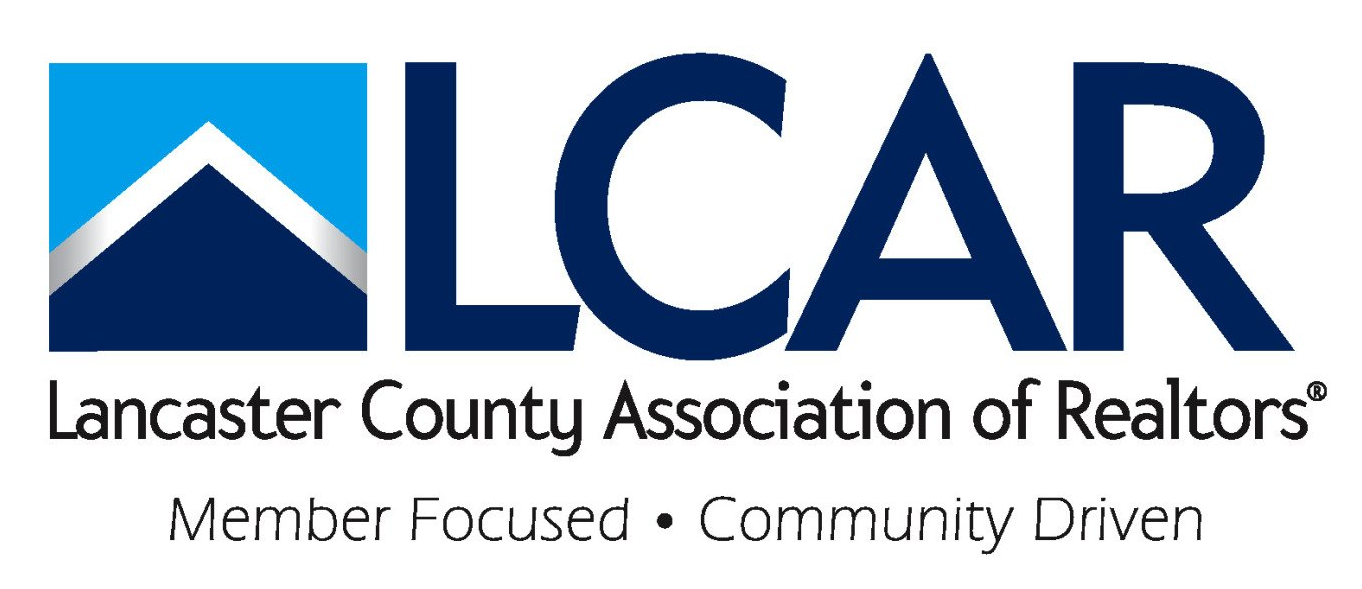Know Your Listings
“You mean to tell me that house I just listed has a helipad?” Huh, I was wondering why helicopters kept landing in the backyard. Does this sound like you? I sure as heck hope not. I couldn’t imagine an agent not knowing there was a helipad on a property they had listed . . . or any type of structure for that matter. But believe it or not, there are many agents out there who don’t know their listings as well as they should. Because if they did, then this article wouldn’t exist; and we’d be reading about the vagaries of lockbox manufacturing or something or other instead. So what exactly seems to be the problem?
It’s simple — agents are listing properties without knowing exactly what it is they are well, listing. You see this a lot with larger properties that have a lot of acreage. It’s not uncommon for large properties to have more than one detached structure like a shed, cabin or even an outhouse (those are still a thing); and those structures can be spread acres apart from one another. Sometimes you’ll see it with condos, like when a unit comes with amenities that the agent is unaware of. You’ll see it with utilities as well, like not knowing the correct type of heating system the home has, what the correct electrical amperage is or if the property is located in a flood zone. So why has this been so common lately?
There are several reasons; but really, it mostly comes down to laziness. Agents aren’t asking enough questions; and when they do ask, they aren’t verifying what sellers are telling them is accurate. Heck, even sellers don’t always know everything about their own home. After all, we’re not all experts in everything . . . and we’re not expected to be. But we still have an obligation to make sure that we are representing our sellers and their properties as honestly and with as much correct information as possible. Sure, there are situations when it can be difficult to obtain information on a home. An example would be when you’re working with a POA on an estate. Chances are the POA doesn’t know a lot about the home because they probably haven’t lived there in a long time, or it could be that they never lived there at all. And that’s ok. If you don’t know, you don’t know. But you need to disclose that, and let whomever may be interested in your listing know that they or their agent needs to verify the information for themselves. So why is not knowing your listing such a big deal?
Well for starters, representing incorrect information on your listing, even by accident, can potentially derail a transaction. The buyer thinks they’re buying one thing only to learn that what they’re buying isn’t what they thought it was because it’s not what they were told. Almost nothing is worse than investing a lot of time in a transaction, only to have it fall apart because the listing agent incorrectly represented that the shed in the backyard came with the home. And even if a transaction doesn’t derail, it can create distrust and animosity between buyer and seller and make for a tense transaction and a settlement that feels like an episode of Jerry Springer.
But another factor that is often not considered is inspections. Misinformation — or a lack thereof — can make a home inspector’s job difficult. For example, a home inspector goes to inspect a condo unit, and included with the unit is a garage. However, when the inspector gets to where the garage is located, they see there are four garage bays with one of those four garages being assigned to the unit they’re inspecting. The only problem is there is no marking to indicate which one is the correct garage. So naturally the inspector looks to the buyers and the buyer’s agent, but the buyers and their agent are unsure which garage is correct since they aren’t familiar with the property. So now the listing agent gets involved . . . and you can see where I’m going with this. A home inspector can’t do his job properly and will end up doing a disservice to the buyer if they don’t have all the information they need.
The lending side is often not considered. Having incorrect information represented on your listing can affect a buyer’s loan. For instance you will often see HOA and condos used interchangeably. You’ll even see them both represented on the same listing at times. You’ll also see agents get modular and manufactured homes mixed up and represent the incorrect one. Sure, at the end of the day the lender needs to verify that all of the information is correct, but making sure that the information is right from the get-go can help prevent any potential issues. So what can we do?
Well for starters, we need to verify that what we are being told is correct. If the seller says they have a sump pump in their basement, then we need to go down there and make sure. And if that means walking through a dark, cob web infested, dirt floor . . . and probably haunted basement because I’m pretty sure I felt something grab my shoulder . . . to verify that it’s there, then that’s what it takes. Again, there is a lot to know about a home. And yeah, there are going to be times when we represent something incorrectly or times when we just don’t know. That’s called normal. No one expects you to know where the tree came from that was used to make the basement handrail. And if they do, I don’t want to know that person. But at the end of the day, we owe it to our sellers to represent them and their home as honestly and with as much correct information as possible. Nobody wants to work with an agent who can’t get the basics down.
So the next time you’re at a listing appointment, take that extra time. Verify if the stove is gas or electric; make sure the electrical panel is 100 amp; then grab your hiking boots, a compass, your favorite scented insect repellent and start trekking through that 23 acre forest to look for that decommissioned barn you were told was once a thriving moonshine operation . . . and hope that you don’t get mauled by a bear in the process.
Richard Boas, III, Berkshire Hathaway HomeServices HomeSale Realty
Facts, opinions and information expressed in the Closing Comments Blog represent the work of the author and are believed to be accurate, but are not guaranteed. The Lancaster County Association of Realtors® is not liable for any potential errors, omissions or outdated information. If errors are noted within a post, please notify the Association. Posts represent the author’s opinion and are not necessarily the opinion of the Association.The body content of your post goes here. To edit this text, click on it and delete this default text and start typing your own or paste your own from a different source.










